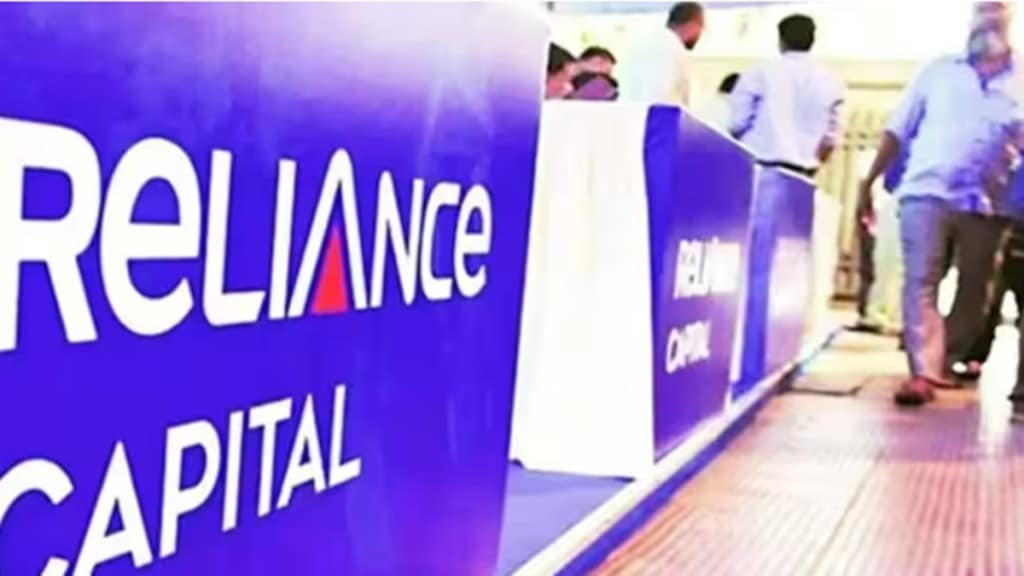The administrator to Reliance Capital’s (RCap) insolvency process has filed the resolution plan submitted by the Hinduja Group before the National Company Law Tribunal (NCLT) for its approval.
The e-filing was done on Wednesday, while the physical filing would take place on Thursday, RCap said in a regulatory update.
The resolution plan was earlier approved by RCap’s Committee of Creditors (CoC). Following NCLT’s approval, RCap’s administrator will have to seek approvals of regulators, including the Reserve Bank of India, Insurance Regulatory and Development Authority, Competition Commission of India and Securities and Exchange Board of India, sources close to the development said.
However, the final approval hinges on the Supreme Court order in a petition filed by Gujarat-based Torrent Group. Earlier in March, Torrent Group, a bidder, had moved the Supreme Court against a National Company Law Appellate Tribunal order that permitted holding an extended auction for the debt-laden firm. The apex court is slated to hear the matter now in August.
On June 29, the CoC of the former Anil Ambani group company had voted in favour of the resolution plan submitted by the Hinduja Group after the lenders supported Hinduja Group’s plan with 99.6% of their total votes. The lenders were expecting to recover an upfront cash of Rs 9,661 crore from IndusInd International Holdings (IIHL), the company through which the Hinduja Group had placed its bids.
The deadline to file the resolution plan with NCLT is July 15, which if not extended again, would mean that the completion of the resolution process would take about 595 days. This is much longer than the statutory time limit of 330 days.
Earlier on April 30, sources told FE that the Hinduja Group was in discussions with a clutch of lenders to raise up to ₹8,000 crore to fund its proposed takeover of RCap. The company had received commitment letters from JP Morgan, Standard Chartered Bank, Barclays, Apollo Global Management, Varde Partners and Farallon Capital.
IIHL plans to fund the ₹10,000-crore acquisition through a combination of debt and equity, with a debt-equity ratio of 80:20, sources had said.
